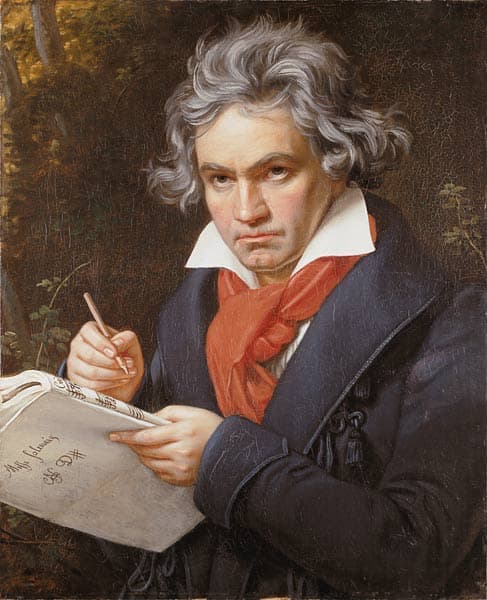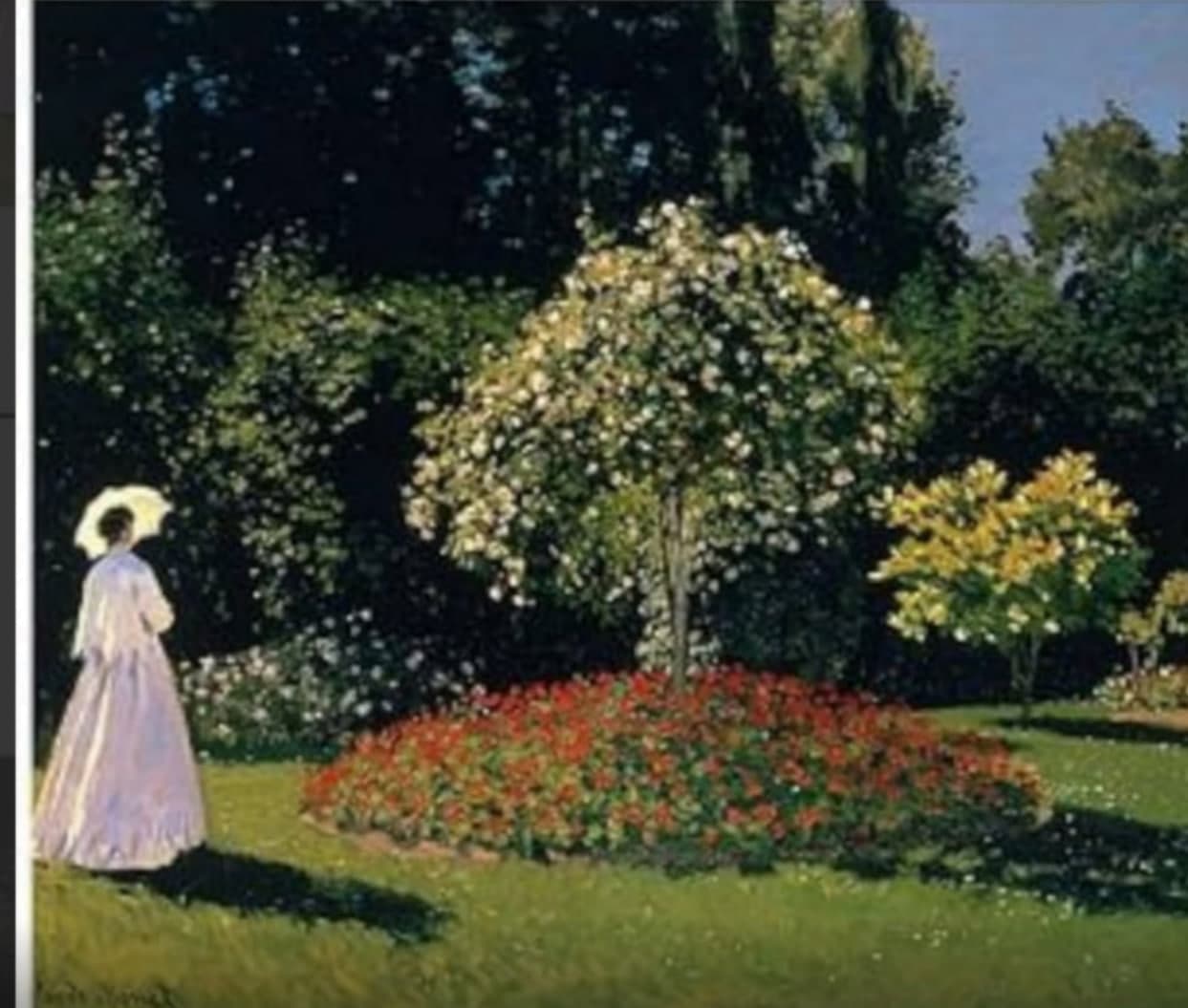Ludwig van Beethoven
Ludwig van Beethoven (1770–1827) was an outstanding German composer, pianist, and conductor whose work marked an important stage in the transition from classicism to romanticism in music. Born on December 16, 1770, in Bonn into a musical family, he showed outstanding abilities from an early age. At the age of 13, Beethoven became the organist of the Bonn Court Chapel. In 1792, he moved to Vienna, where he studied with such masters as Joseph Haydn and Johann Georg Albrechtsberger. Among his most famous works is Symphony No. 9 with the "Ode to Joy", which became the anthem of the European Union. Other significant works include Symphony No. 5, the Pathétique Sonata, the Moonlight Sonata, and a number of string quartets. Despite his increasing deafness, Beethoven continued to compose music, relying on his inner ear and the vibrations of his instrument. His life and work had a profound influence on the development of Western classical music.
Biography

Best Compositions
Best Songs to Listen To
Experience Beethoven's genius in his finest works







